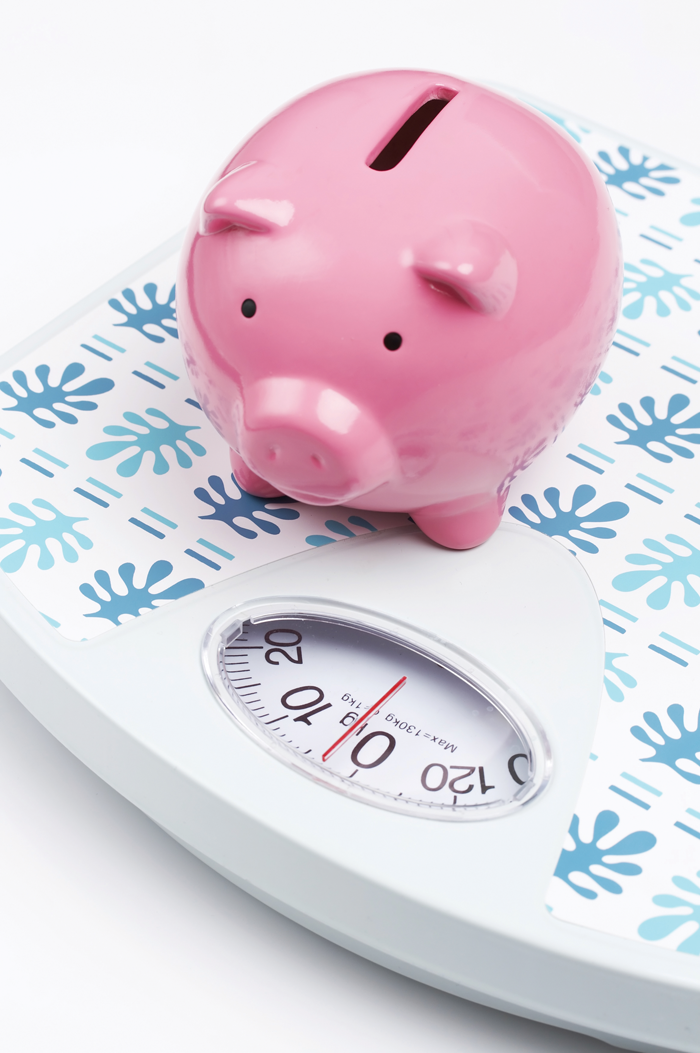Retirement
Pension contributions hit decade high

Savings into personal pensions have hit a decade high with a 7.8% rise in contributions in 2011/12, according to AJ Bell.
More than £15.9bn was paid into private and workplace pension schemes in the last tax year, some £1.24bn more than the 2010/11 total, new government figures revealed.
The amount is the second highest on record, beaten only in 2007/08, when £16.35bn was saved into personal pensions.
Personal pension contributions have also risen above stocks and shares ISAs again after last year saw stocks and shares ISA subscriptions out-strip personal pension contributions for the first time in ten years.
Billy Mackay, marketing director at AJ Bell, said: “It’s likely the increase in pension contributions is down to people using carry forward.
“Our own experience on the Sippdeal platform suggests we might see a further increase in pension contributions this year as people look to invest prior to the drop in the top tax rate from 50% to 45% next tax year, particularly with a further cut in the annual allowance to £40,000 a little over a year away.”
‘Carry forwards’ were introduced by the Coalition Government in its 2010 emergency Budget, in which the annual tax-relieved pension contribution limit was reduced from £255,000 to £50,000. Carry forward allows people affected by the restriction to use up any remaining pension contribution allowance from the three preceding years.
HMRC data also shows a year-on-year drop in cash ISA subscriptions – the first time his has happened, according to official records. However, there was an increase in stocks and shares ISA subscriptions.
Mackay added: “I think there’s an element of people becoming more confident in stock markets again – or perhaps disillusioned with low interest rates. People might be putting more into pensions and stocks and shares ISAs because they believe they should get a better return than they will from a cash ISA.”